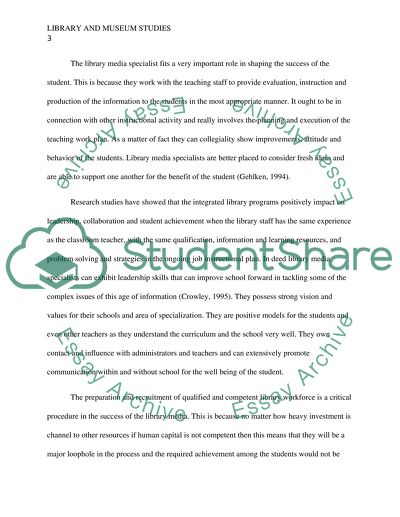Cite this document
(“School Media Centers as Instructional Resources Research Paper”, n.d.)
Retrieved de https://studentshare.org/education/1392489-school-media-centers-as-instructional-resources
Retrieved de https://studentshare.org/education/1392489-school-media-centers-as-instructional-resources
(School Media Centers As Instructional Resources Research Paper)
https://studentshare.org/education/1392489-school-media-centers-as-instructional-resources.
https://studentshare.org/education/1392489-school-media-centers-as-instructional-resources.
“School Media Centers As Instructional Resources Research Paper”, n.d. https://studentshare.org/education/1392489-school-media-centers-as-instructional-resources.


